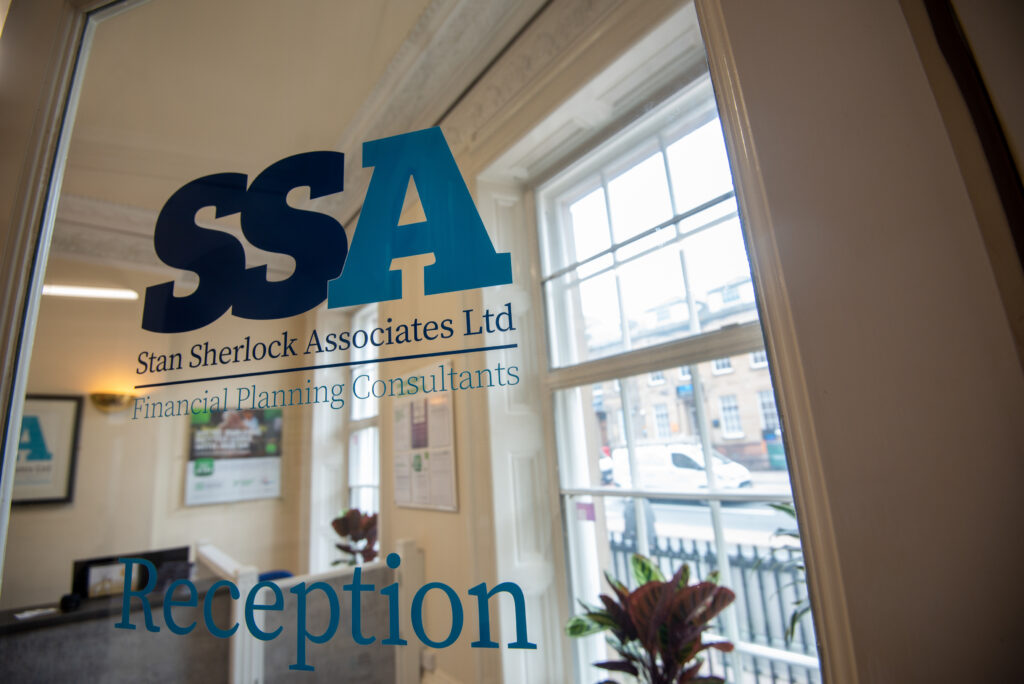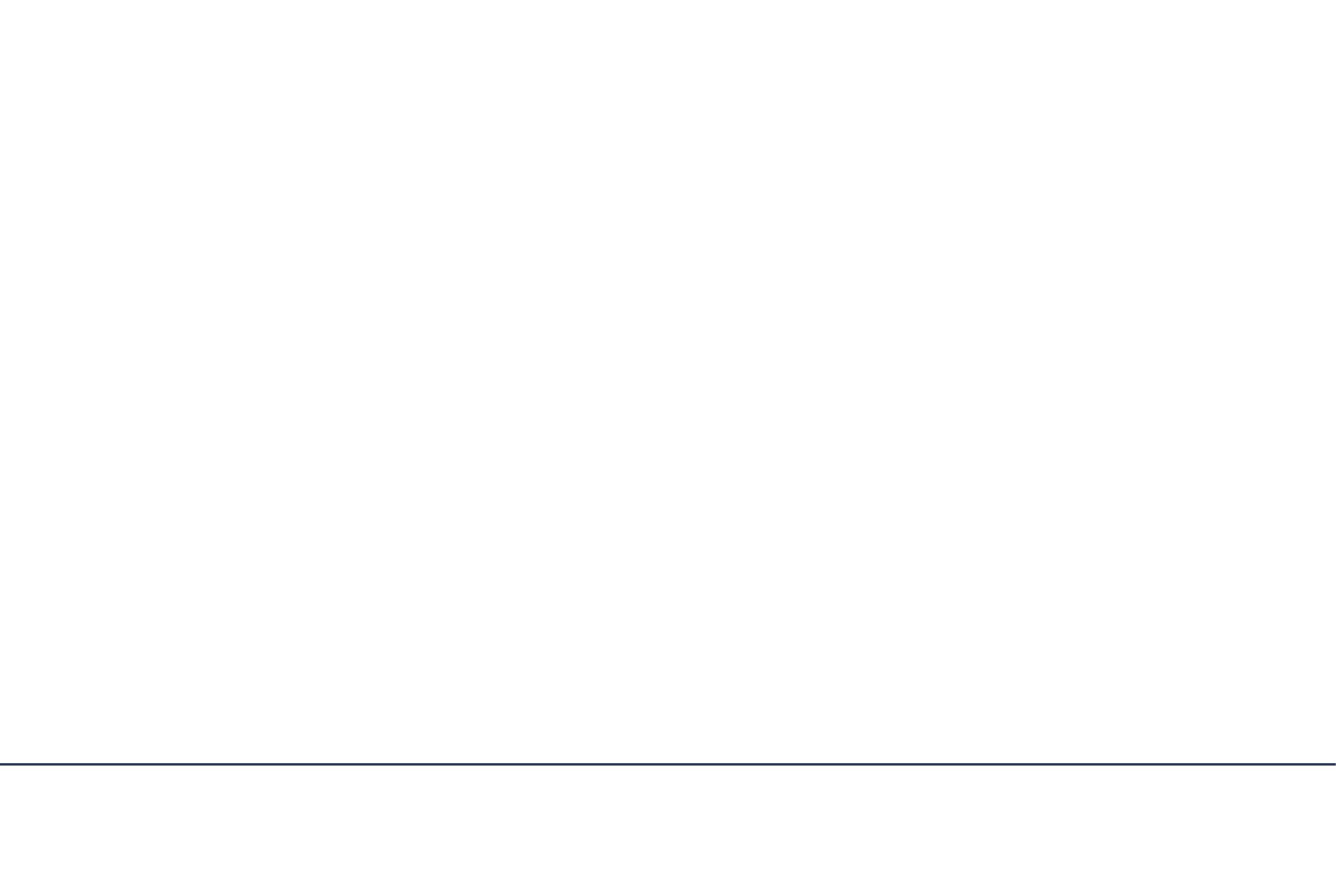Welcome to the team Deborah Riding!

We’re delighted to announce that a financial adviser with an outstanding reputation and 26 years experience in the financial services and mortgage advice sector has joined our practice. Deborah Riding joins us in the newly created role of Compliance and Development Manager. Deborah will offer financial advice directly to our growing portfolio of clients, and […]
Three ways to make yourself more attractive to a lender

Our Senior Mortgage Adviser Tom Graham has put together some top tips to help you understand the process behind a lender’s decision on what you can or can’t afford to borrow when buying a house or remortgaging your home. Lots of clients ask the same questions: How much can I borrow? How much can I […]
We want women to take control of their future financial success!

On International Women’s Day (Monday 8th March) we are encouraging women to take control of their future financial success. International Women’s Day celebrates the achievements of women and is a call to action to increase gender parity and raise awareness about gender equality. Our team at SSA, which unusually in the financial services sector is […]
With the possibility of negative interest rates, we ask, IS YOUR MONEY REALLY SAFE?

Are you a saver? Saving your hard earned surplus cash for a rainy day? Or a big occasion? Or maybe for your retirement? Perhaps you’re squirrelling away pennies in a “safe” savings account ready for when you want to spend it. But…what is safe? The capital amount may be guaranteed and will grow with interest […]
Planning for the unexpected!

Do you worry what would happen to your family if you or your partner were to suddenly lose your job, become seriously ill or even die? How would you pay your mortgage, day to day bills and manage financially during a period of emotional distress? Protecting those you love could be more affordable than you […]
3 tips to help you work out if your adviser is REALLY doing a good job for you.

The world of finance can be a puzzling place. Numbers mixed with words mixed with acronyms. It can be hard to decipher, harder still to know what’s best and even harder to know if the adviser you have chosen is REALLY doing a good job for you! We have pulled together 3 tips for you […]
Get mortgage fit for 2021!

Estimates suggest that well over one million borrowers have lapsed onto their lender’s default standard variable rate (SVR). Has this happened to you? If so, now could be the perfect time to consider a remortgage, to get your finances in good shape for the year ahead. Do you know your mortgage rate? If your current […]
Need help getting to know your SVR?

As a nation, we aren’t great with our financial acronyms and terminology. Life is busy and our heads are often full of important things to get done to make it through the week, without having to worry about whether we know our LTV from our ERC! You’re certainly not alone if you’re feeling financially flustered. […]
Tax-free investing – it’s time to talk

With the first wave of Child Trust Funds maturing this year, there’s a great opportunity to talk to your children about the benefits of saving and investing. If one of your children has recently celebrated their 18th birthday then there’s a good chance they’ll have some money in a Child Trust Fund (CTF), which they […]
Mortgage Payment Holiday Update November 2020

On 17 November the FCA confirmed guidance for homeowners struggling financially due to coronavirus. The mortgage payment holidays scheme, first announced in March and then extended in May, has been further extended until 31 March 2021. How does it work? Those who have not yet had a payment holiday will be eligible for payment holidays […]

